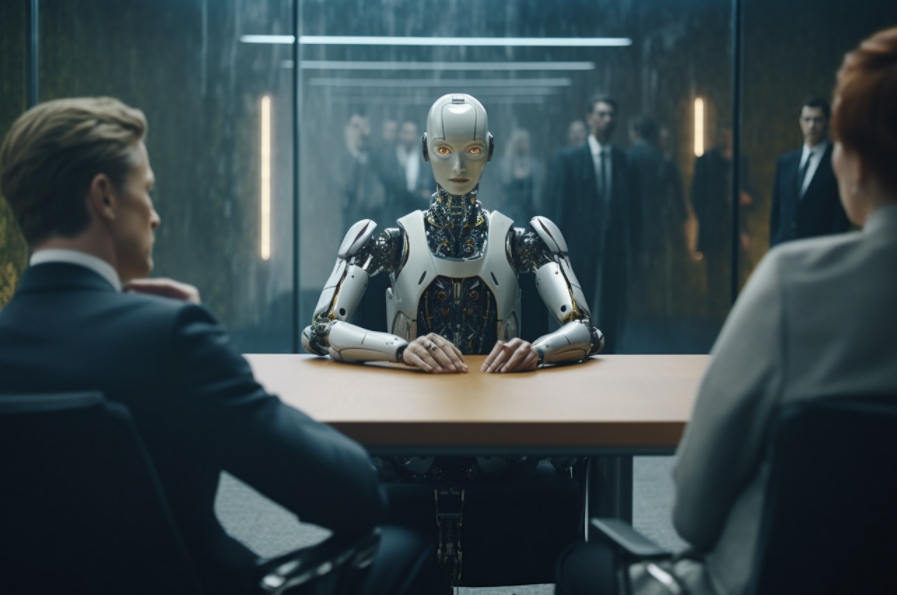A survey on employment discrimination in the AI field has attracted attention. A new study by Generation, a global employment nonprofit, shows that age discrimination is becoming increasingly serious in the AI industry, especially for job seekers over 45 years old. Survey data shows that although hiring managers admit that middle-aged and older employees are not inferior to young people, they prefer to choose candidates under 35 in AI-related job recruitment, a phenomenon that is common in the United States and Europe. . This is combined with the current downward trend of recruitment of junior and intermediate positions in the United States and Europe, and has a greater impact on middle-aged and older job seekers.
A new survey from Generation, a global employment nonprofit, has revealed a worrying phenomenon in the workplace: Age discrimination is becoming an increasingly serious problem in the AI field.
The survey, which covers 2,610 employees over 45 years of age and 1,488 employers, shows that while 90% of U.S. hiring managers acknowledge that middle-aged and older employees have performed no less than or better than younger colleagues, the overall performance of the company is involved. When it comes to AI-related positions, they tend to consider candidates under 35. This bias is equally common among European employers.

The timing of this discovery is particularly sensitive. Currently, companies in the United States and Europe expect double-digit declines in recruitment for junior and intermediate positions in the next year, and this decline is expected to have a disproportionate impact on middle-aged and older job seekers.
For older employees, the current situation is already very serious. A survey of more than 1,600 people in the United States by job opportunities organization CWI Labs shows that 60% of older job seekers believe that age is their job hunting barrier, and only 21% expect to find a job within the next six months.
What is even more worrying is that age discrimination not only exists in the HR group, but also extends to AI-based HR technology. These recruitment platforms often use algorithms to screen candidates, resulting in the exclusion of specific groups, including older professionals. This is why many legal experts warn that AI recruitment systems may be potentially dangerous.
"This survey highlights the importance of continuing to combat age discrimination, and points to an opportunity: In an AI-driven workplace, we need to take a more nuanced perspective and make full use of different ages and The unique value brought by experience-level employees. "
This phenomenon not only reflects the prejudice problem in the AI industry, but also reflects the deep-seated challenges facing the entire employment market. How to find a balance between technological innovation and talent diversity will be an important issue that must be faced in the HR field in the future.
The survey results warn us that we need to actively respond to age discrimination in the field of AI, and while technological progress, we should pay attention to fairness and inclusion, and build a healthier and more diverse AI talent ecosystem. Only in this way can we fully utilize the potential of AI technology and achieve sustainable development.